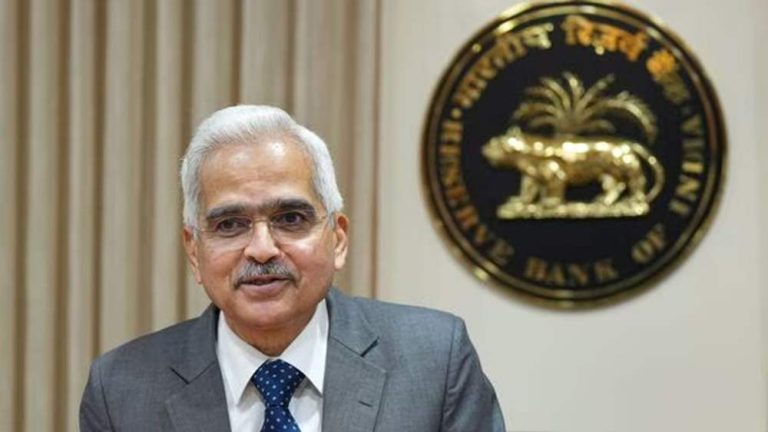International Women’s Day: How financial literacy and technology can be catalysts for empowerment, change and gender equality
The pivotal day serves as a reminder of the collective effort required to dismantle barriers and foster an environment where women can thrive equally. In terms of India, Aryaman Vir, CEO of WiseX, says that investing in women is not just a moral imperative but a strategic economic decision that can catalyze comprehensive national progress.
He says India’s commitment to gender equality is reflected in its progress and ongoing challenges in achieving gender parity, and elaborates, “In 2023, India’s gender score, as measured by the World Economic Forum’s annual Gender Gap Report, showed the nation ranked at 127 out of 146 countries. This ranking represents an improvement of eight places from the previous year, where India was positioned at 135 out of 146 countries in the 2022 edition of the report. Such progress is pivotal as India aligns its efforts with the Sustainable Development Goals (SDGs), particularly SDG 5, which is focused on eliminating gender disparities.”
The CEO of WiseX believes that United Nations’ theme for 2024 highlights the critical need to amplify investments in women’s education, health, and economic opportunities. This approach, he feels, is essential for India to foster an ecosystem that supports women’s growth, thereby accelerating the nation’s journey toward achieving gender equality and sustainable development.
While focusing on enhancing financial literacy and harnessing technology for empowerment, he explains the multifaceted benefits of investing in Indian women –
Financial Literacy, a Catalyst for Empowerment & Change
Financial independence is a critical pillar of women’s empowerment, says Aryaman, adding that inspite of this numerous women encounter barriers in accessing essential financial knowledge and resources.
He explains, “Investing in women’s financial literacy is not merely beneficial but essential, as it arms them with the capabilities to make informed decisions, manage risks, and secure their economic future. For instance, consider a typical woman investor who traditionally might place her savings in fixed deposits with returns of about 6-8 per cent. This investment, while safe, often fails to outpace inflation. Contrastingly, if she were introduced to an innovative investment opportunity like fractional ownership in commercial real estate through technological advancements, she could achieve returns between 13-17 per cent. IRR. This example illustrates the profound impact of financial literacy coupled with access to innovative investment platforms, empowering women to enhance their financial portfolios and achieve greater economic security.”
Technology as a Catalyst for Gender Equality
The CEO of WiseX says that with the advent of technology, particularly in the financial sector, unprecedented opportunities have emerged for women’s empowerment. “Fintech platforms and digital financial services democratize access to financial tools and knowledge, enabling women to participate more fully in the economy. These platforms provide innovative investment options, educational resources, and community support, making it simpler for women to learn, invest, and grow their financial portfolios. The increase in female engagement with fintech platforms is a positive trend, signaling a shift towards greater financial inclusion and empowerment,” he adds.
On International Women’s Day, Aryaman says that India stands at a critical juncture to redefine its investment in women, and by prioritizing gender equality, financial literacy, and technological inclusion, he feels the nation can catalyze significant progress toward a more equitable society. “Investing in women is not just a tribute to their potential but a strategic imperative to unlock India’s full developmental capacity. As we commemorate this day, let us reaffirm our commitment to a future where every woman has the opportunity to contribute to and benefit from India’s growth story,” he sums up saying.






